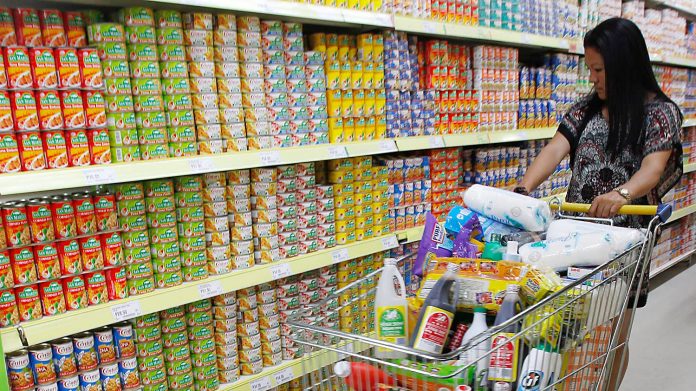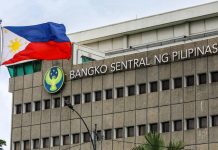
MANILA – Inflation continued to slow down in January, albeit still faster than in the same month in 2018, the Philippine Statistics Authority (PSA) revealed Tuesday.
In a press conference in Quezon City, National Statistician Lisa Grace Bersales said inflation – the pace at which consumer prices grow – slowed to 4.4 percent in January.
This is slower than the 5.1 percent registered in December, but faster than the 4.0 percent recorded in January 2018.
“This was primarily due to the slowdown in the annual increment of the index for the heavily-weighted food and non-alcoholic beverages at 5.6 percent, from 6.7 percent in December 2018,” Bersales said.
Lower annual increases were likewise registered in alcoholic beverages and tobacco; clothing and footwear; housing, water, electricity, gas, and other fuels; health; and transport.
Meanwhile, the annual rate of furnishing, household equipment and routine maintenance of the house index quickened to 3.9 percent, the PSA said.
University of Asia and the Pacific School of Economics dean Cid Terosa associated slower inflation to the seasonally lower demand at the beginning of the year.
“Inflation was slower despite the rise in oil prices because of sluggish demand typical of the first month of the year and base effect from last year’s inflation,” Terosa said.
Core inflation – which excludes selected food and energy items – also eased to 4.4 percent in January, compared to the 4.7 percent in December 2018 but faster than the 4.7 percent in January 2018.
For the National Capital Region (NCR), inflation slowed to 4.6 percent last month from the 4.8 percent in December, and the 4.7 percent in January 2018.
In areas outside the NCR, inflation was the slowest at the Cordillera Administrative Region (CAR) with 3.1 percent, and the fastest in the Autonomous Region in Muslim Mindanao (ARMM) with 6.1 percent.
Bersales noted, however, that the latest figures have yet to include the full impact of the higher excise taxes imposed on fuel products.
“Not many gasoline stations have already included excise tax for January,” she said.
Independent economic consultant John Paolo Rivera noted the second round of fuel excise tax hike under the tax reform law was not yet in full swing last month.
The Tax Reform for Acceleration and Inclusion (TRAIN), signed into law by President Rodrigo Duterte in 2017, provides that starting 2019, excise taxes for diesel will be hiked by a total of P4.50 and those of gasoline by P9.00 under the second tranche. (GMA News)



